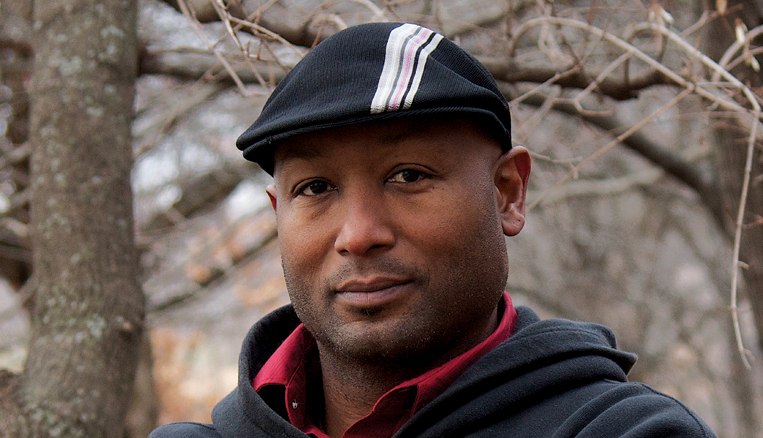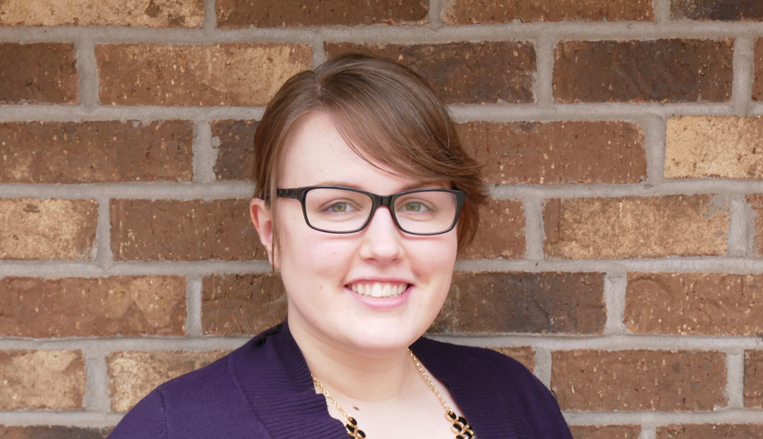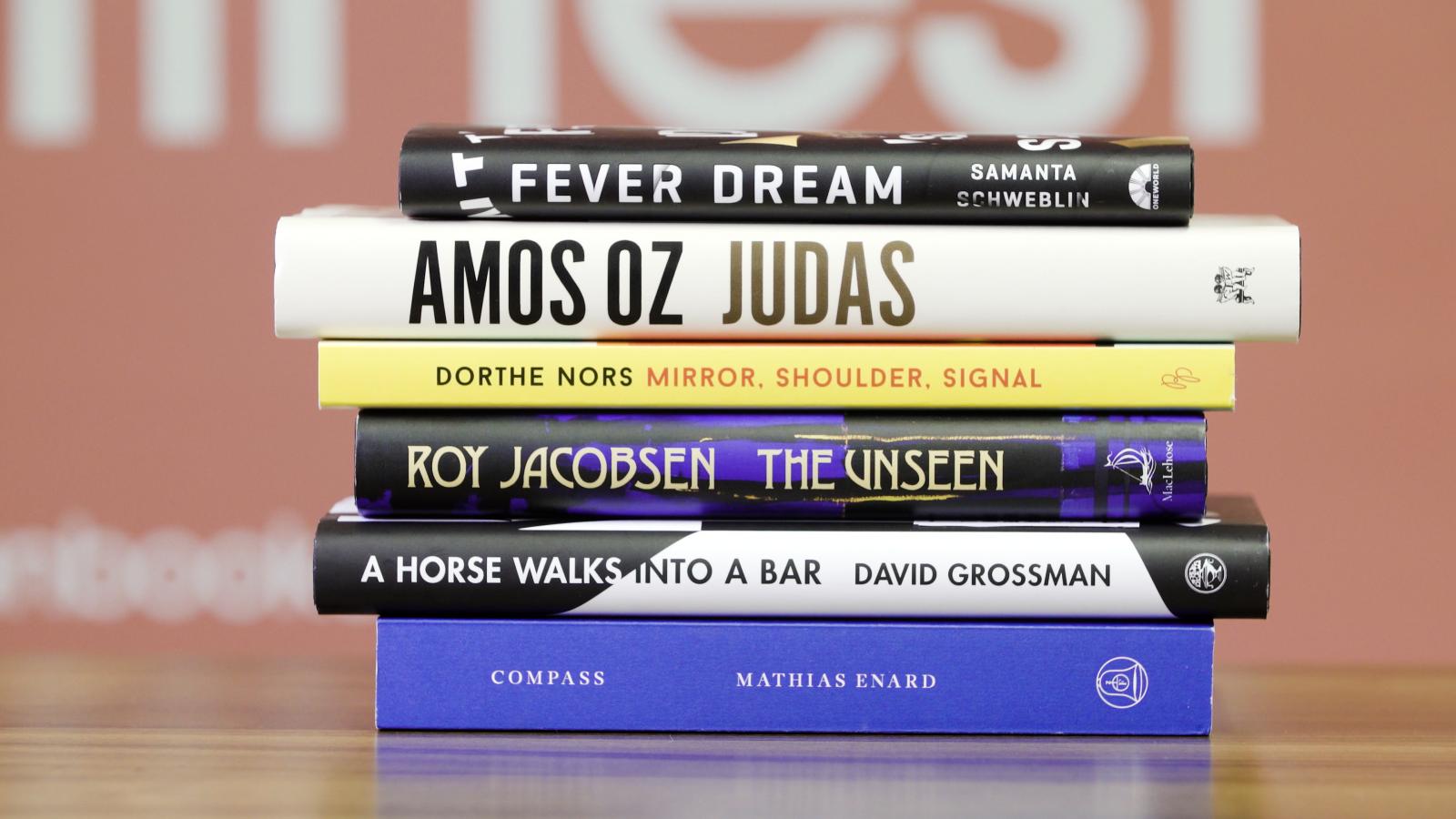T. Geronimo Johnson Wins New $50,000 Literary Prize
Fiction writer T. Geronimo Johnson has won the Simpson Family Literary Project’s inaugural literary prize. He will receive $50,000 and a brief residency at the Lafayette Library and the University of California in Berkeley. He will also make a number of public appearances and give a public reading in the San Francisco Bay Area. The annual award is given to a midcareer fiction writer to encourage and support forthcoming work.
Johnson, whose 2015 novel, Welcome to Braggsville, was longlisted for the National Book Award, plans to use the $50,000 prize to support his forthcoming novel,which the author says “explores the convergence of Afro-futurism; global AI; the economic imperatives that amplify cultural differences; corporate religion (in all manifestations); and tech inequity. The question behind this novel is the same question that animates my previous work: How do we learn to care about people who are not like us? I’m thrilled by the opportunity to complete this journey without interruption.”The Simpson Family Literary Prize is cosponsored by the Lafayette Library & Learning Center Foundation in Lafayette, California, and the English Department at the University of California in Berkeley. An anonymous jury selects the winner; there is no application process.
Joe Di Prisco, the Literary Project’s founder and prize chair, established the foundation in 2012 with a mission to foster and build creative writing communities in the Bay Area through collaboration between libraries and university-affiliated creative writing programs. In addition to the literary prize, the Simpson Family Literary Project sponsors community outreach programs, including creative writing classes for high school students and incarcerated youth in diverse communities in California, as well as an annual writer-in-residence program at the Lafayette Library & Learning Center.
Di Prisco says he is excited about the continued growth of the project and selecting Johnson as the winner of its inaugural prize: “The Simpson Family Literary Project is thrilled to share Johnson and his brilliant work with students, readers, writers, teachers, professors, and librarians across generations.”
(Photo: T. Geronimo Johnson; Credit: Sandra Dyas)






 I have the honor and privilege of being chosen by the
I have the honor and privilege of being chosen by the 
